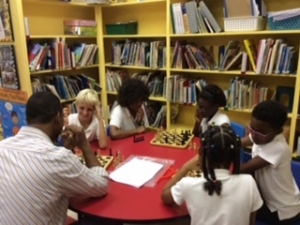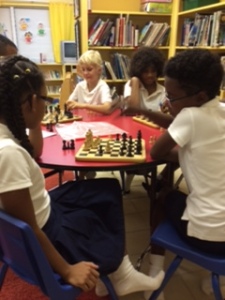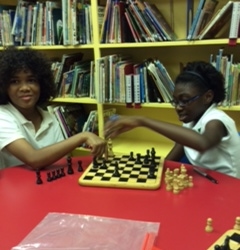Blog



- Chess has a mathematical basis. Mathematics is the tool of science, the language of technology and organised thought.
- Chess develops cognitive ability: attention, memory, analysis, and logic; all fundamental building blocks for personal growth.
- It is applicable to everyday life. It helps children develop the skills and social dexterity so important in society.
- Chess encourages self-assessment, healthy competition and teamwork.
- Chess encourages study and preparation as the way to achieve pre-set objectives and for the purpose of individual improvement.
- Chess is an excellent use of a child’s free time.
- The playing of chess can be exciting and therefore undertaken with enthusiasm.
- The equipment necessary to play chess – boards and sets of pieces – are cheap, durable and easily available.

